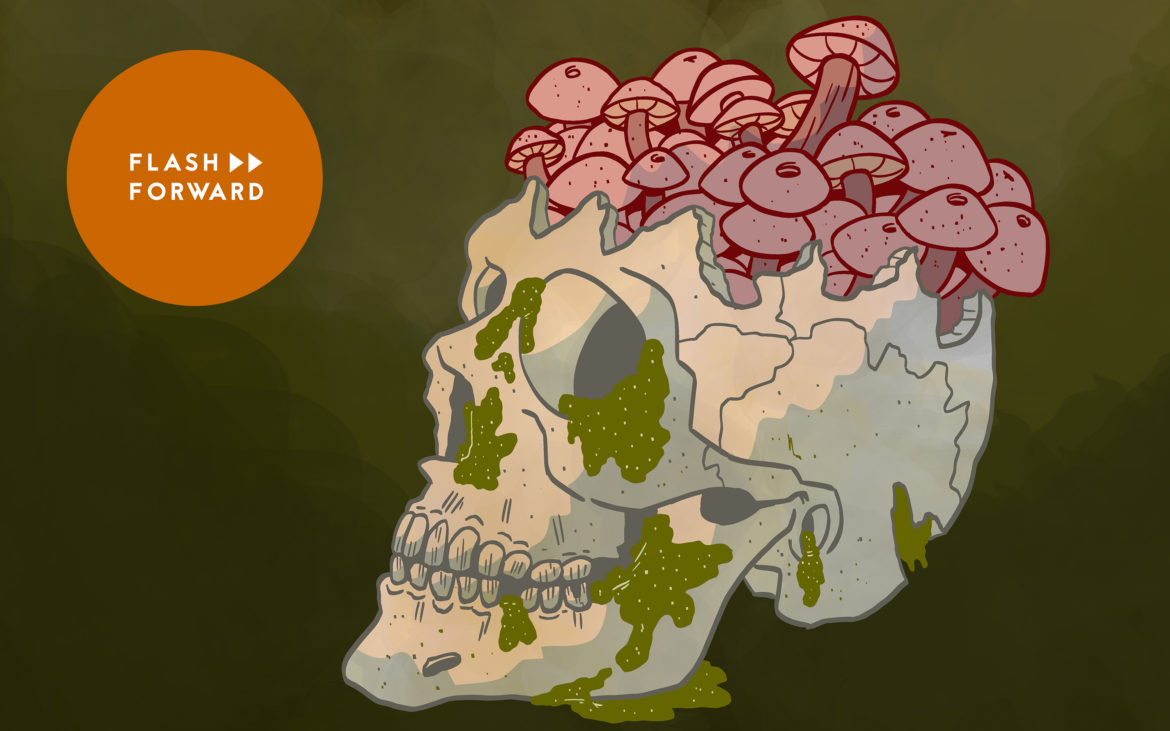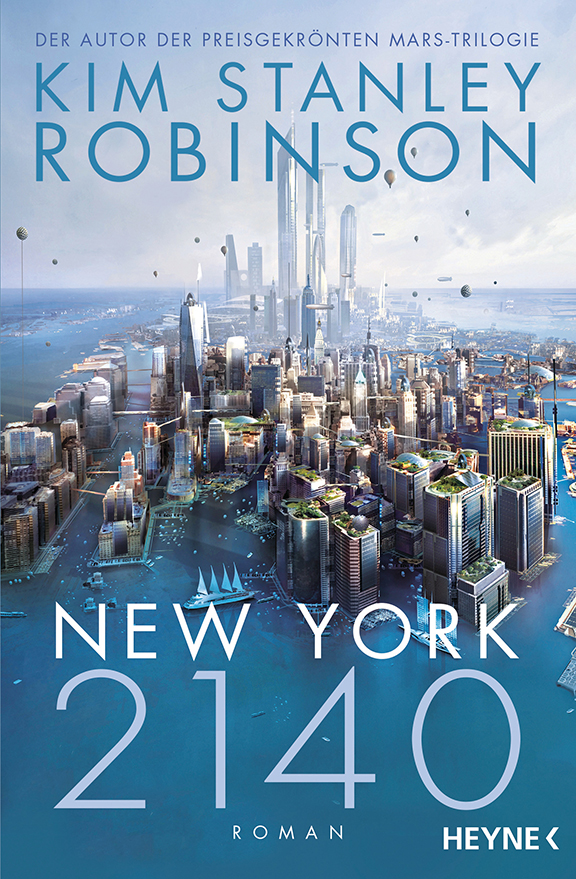

Ben Aaronovitch’s The Hanging Tree picks up Peter Grant’s story and continues to make us want to know more about the Falcon branch of London’s Metropolitan Police Department.

Maybe let’s call them “three reliable writers who remain reliable?” Adam Roberts’s The Real-Town Murders is a twisty who-dun-it set in an imagined UK where most residents have escaped into a virtual realm. The last three titles that stuck with me this year can’t be conveniently bunched together. David Walton moves with the same assurance in The Genius Plague, his take on a global pandemic, which, much like Mastai’s work, doesn’t quite go where you think it will but where you are happy to go by the end. This romantic science-fictional sort-of comedy extrapolates from a butterfly effect moment outward, dipping and diving through parallel universes with ease. Bear’s book is the start of a larger series with that set of characters – and it will be great fun to see where she goes with them.Īll Our Wrong Todays is a stand-out first novel from screenwriter Elan Mastai. Elizabeth Bear’s The Stone in the Skull, like Leckie’s Provenance, is set in a world familiar to Bear’s readers and shows us a different aspect of what we thought we knew. Ann Leckie’s Provenance, which was in the same universe as her Ancillary series, didn’t have the weight of her award-winning trilogy, but was enjoyable. Some writers approached their old creations from a new angle. John Scalzi’s The Collapsing Empire has sparkle in excess while laying the foundations for a new Scalzian universe. Andy Weir’s Artemis didn’t quite have the sparkle of The Martian, but was still a fun, science-filled scamper across the surface of the moon. Still, there have been plenty of new titles from old favorites to fill the void. And said one likely missed out on a lot of great stuff that came out this year. Again, I’m speaking for a sample size of one. When the non-fictional world starts to read like fiction, it’s hard to have much resilience left for the same in a made-up world. Speaking only as myself (rather than for Locus as an entity), 2017 has been the year when reading anything too full of conflict or featuring dark and complicated conspiracies hit far too close to home.

2017 by Adrienne Martini Adrienne Martini (2015) by Anita Buzzy


 0 kommentar(er)
0 kommentar(er)
